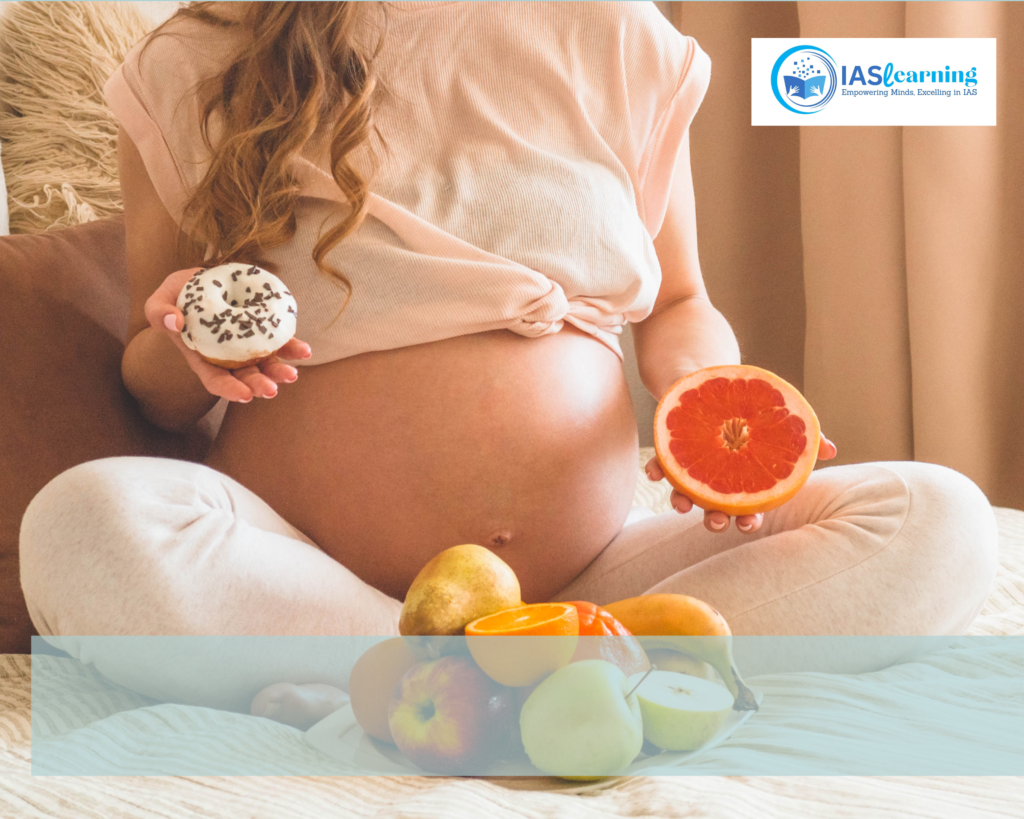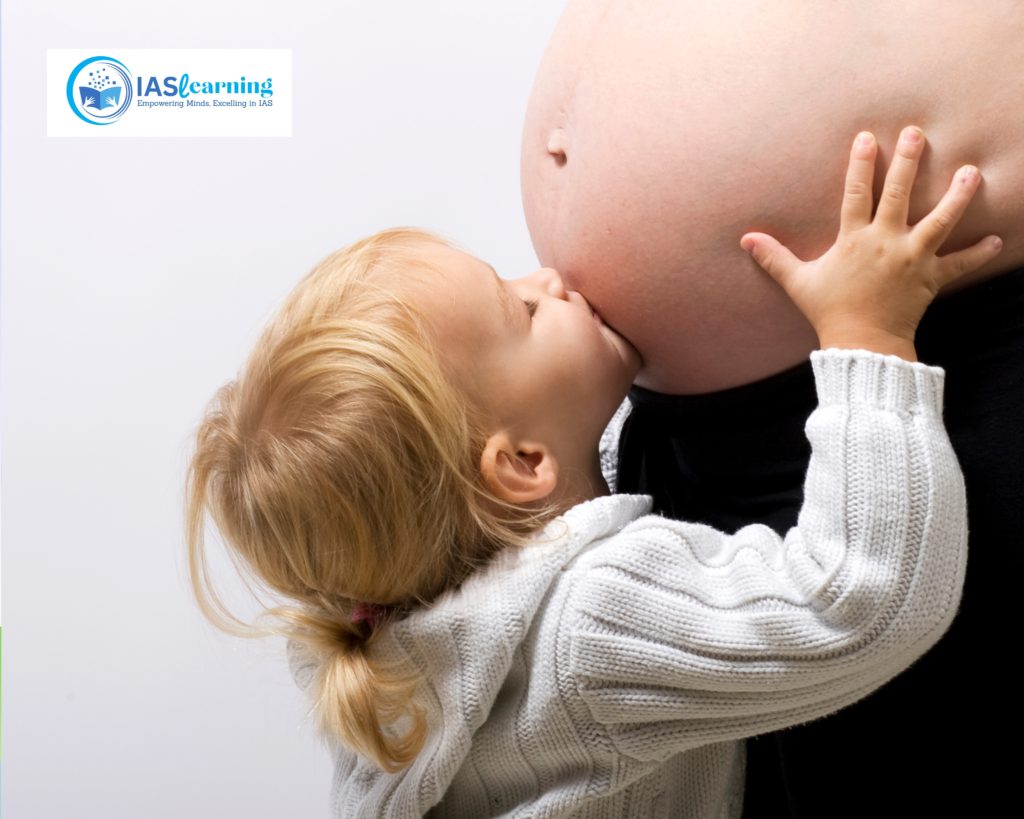Table of Contents
Do you feel different when pregnant with a boy?
Pregnancy is a unique and transformative experience for women. It brings with it a myriad of physical, emotional, and psychological changes. One age-old question that often arises during pregnancy is whether expecting mothers feel different when carrying a boy compared to when they are pregnant with a girl. This topic has been the subject of countless old wives’ tales, anecdotes, and even some scientific studies. In this comprehensive exploration, we delve into the various dimensions of pregnancy and attempt to answer the question: Do moms-to-be feel different when pregnant with a boy?
Myth: Some people believe that the presence or absence of mood swings during pregnancy can predict the sex of the baby, with mood swings indicating a girl and their absence indicating a boy. Additionally, there are myths related to fetal heart rate and the position of the bump.
Fact: These beliefs are myths, and there is no scientific basis to support them. Here are the facts:

- Mood Swings: Most pregnant women, regardless of the baby’s sex, experience mood swings during pregnancy. These mood swings are often attributed to physical stresses, hormonal changes, fatigue, and other factors related to pregnancy. They are not linked to the gender of the fetus.
- Fetal Heart Rate: A fetus’s heart rate begins to beat at around 6 weeks of pregnancy. While there is a range of normal heart rates, typically between 140 and 170 beats per minute (bpm) by week 9, studies have shown that there is no significant difference in heart rates between male and female fetuses during early pregnancy. On average, male fetuses may have a slightly faster heart rate, but this difference is not a reliable indicator of the baby’s sex.
- Position of the Bump: Some people believe that carrying the baby low indicates a male fetus, while carrying high suggests a female fetus. However, this belief has no scientific basis. The shape and size of a pregnant woman’s bump are influenced by various factors, including the size and position of the baby. It’s not a reliable method for predicting the baby’s sex.
I. The Biological Dimension: Hormonal Differences
One of the earliest scientific theories regarding gender-based differences in pregnancy experiences is related to hormonal variations. It is widely known that the sex of the baby is determined by the father’s contribution of either an X or Y chromosome. This initial genetic factor sets the stage for hormonal changes that can affect a woman’s body and potentially influence her pregnancy experience.

- Hormonal Imbalances: Some studies suggest that male fetuses produce higher levels of human chorionic gonadotropin (hCG) hormone compared to female fetuses. hCG is a hormone that plays a crucial role in maintaining pregnancy. Higher hCG levels may lead to increased nausea and vomiting, commonly known as morning sickness. However, these hormonal differences are not universal, and not all women experience more severe morning sickness when carrying a boy.
- Increased Energy Levels: On the flip side, it has been proposed that pregnant women carrying boys might experience higher energy levels due to the presence of testosterone, a hormone associated with increased activity and vigor. However, this is a subjective experience, and not all women report feeling more energetic during pregnancies with boys.
II. The Psychological Dimension: Gender Expectations
Pregnancy is also influenced by psychological factors, including the expectations and perceptions that society places on the gender of the baby. These factors can have a significant impact on how a woman feels during her pregnancy.
- Societal Expectations: In many cultures, there are traditional expectations and beliefs associated with the gender of the baby. For instance, if a woman is pregnant with a boy, there may be added pressure or anticipation to uphold certain gender-specific roles or behaviors. This can lead to increased stress and anxiety during pregnancy.
- Maternal Bonding: Some mothers report feeling a unique bond with their unborn child based on their perception of the baby’s gender. This bond can affect the overall emotional experience of pregnancy. Mothers expecting a boy may have different expectations and emotions compared to those expecting a girl.
III. The Social Dimension: External Influences
Social factors, including the reactions and comments of family, friends, and strangers, can significantly impact a pregnant woman’s experience. These external influences can vary depending on the perceived gender of the baby.
- Gender-Based Stereotypes: People often have preconceived notions about how boys and girls behave, which can lead to well-intentioned but potentially limiting comments and advice. A mother expecting a boy might hear remarks about boys being more active or girls being calmer, which can affect her perception of her pregnancy.
- Pressure to Conform: Expectant mothers may feel pressure to conform to societal gender norms, leading to different emotions and behaviors during pregnancy. For example, there may be pressure to dress the baby in a certain way or choose specific activities based on the expected gender.

IV. The Cultural Dimension: Global Perspectives
Pregnancy experiences are not uniform across cultures. Different cultures have unique beliefs, practices, and rituals associated with pregnancy that can influence how women feel when carrying a boy.
- Cultural Superstitions: Some cultures have specific superstitions related to the gender of the baby. For instance, in certain communities, the birth of a boy may be associated with greater celebration and expectations. This can impact a woman’s experience during pregnancy and postpartum.
- Traditional Remedies: Cultural traditions often prescribe specific remedies or rituals for pregnant women, depending on the expected gender of the baby. These practices can affect how a woman perceives her pregnancy and her physical and emotional well-being.

V. The Personal Dimension: Variability in Individual Experiences
Ultimately, one of the most critical dimensions of this exploration is the recognition that each woman’s pregnancy experience is deeply personal and unique. Factors such as genetics, overall health, previous pregnancy experiences, and personal beliefs all play a significant role in shaping how a woman feels during pregnancy.
- Variability in Symptoms: Regardless of the gender of the baby, pregnancy symptoms can vary widely from woman to woman. Some women may experience severe morning sickness, fatigue, or mood swings, while others may have relatively smooth pregnancies.
- Psychological Resilience: A woman’s psychological resilience and coping mechanisms can influence how she perceives and responds to the physical and emotional changes that come with pregnancy. This resilience can vary greatly among individuals.

Conclusion
In the quest to answer the question of whether moms-to-be feel different when pregnant with a boy, we’ve explored various dimensions of pregnancy, including the biological, psychological, social, cultural, and personal aspects. While some scientific evidence suggests that hormonal differences might play a role in certain symptoms, it is essential to recognize that pregnancy experiences are highly individual and influenced by a complex interplay of factors.
Ultimately, whether a woman feels different when carrying a boy is a subjective matter, and any differences are likely to be influenced by a combination of the factors mentioned above. It’s essential to approach pregnancy with an open mind, acknowledging that every pregnancy is unique and embracing the journey, regardless of the gender of the baby.
FAQs
Do pregnancy symptoms differ when carrying a boy vs. a girl?
- While some people believe there are differences, scientific evidence does not consistently support this idea. Pregnancy symptoms can vary widely among individuals and pregnancies, regardless of the baby’s gender.
Are mood swings more common when pregnant with a boy?
- Mood swings during pregnancy are common and can occur regardless of the baby’s sex. They are primarily influenced by hormonal changes and other factors related to pregnancy.
Is it true that carrying low means it’s a boy and carrying high means it’s a girl?
- No, the position of the baby bump is not a reliable indicator of the baby’s gender. It’s influenced by factors such as the baby’s position and the mother’s body shape.
Do male and female fetuses have different heart rates in early pregnancy?
- While there may be slight variations, studies have shown no significant difference in heart rates between male and female fetuses during early pregnancy. The heart rate alone is not a reliable predictor of the baby’s sex.
How can I determine the gender of my baby accurately?
- The most reliable methods for determining the baby’s gender are prenatal ultrasound and genetic testing. These medical procedures can provide accurate information about the baby’s sex.
Why do these myths about gender prediction during pregnancy persist?
- These myths have been passed down through generations, and some people find them fun or culturally significant. However, they lack scientific validity, and it’s essential to rely on medical methods for accurate gender determination.
Are there any other reliable methods for predicting the baby’s gender before birth?
- Aside from medical tests, there are no scientifically proven methods for predicting a baby’s gender with certainty. Old wives’ tales and folk methods are not reliable sources of information.
What should I focus on during pregnancy instead of gender prediction?
- Pregnancy is a unique and transformative experience. Instead of worrying about the baby’s gender, focus on maintaining a healthy lifestyle, attending prenatal check-ups, and preparing for the arrival of your little one, regardless of their gender
